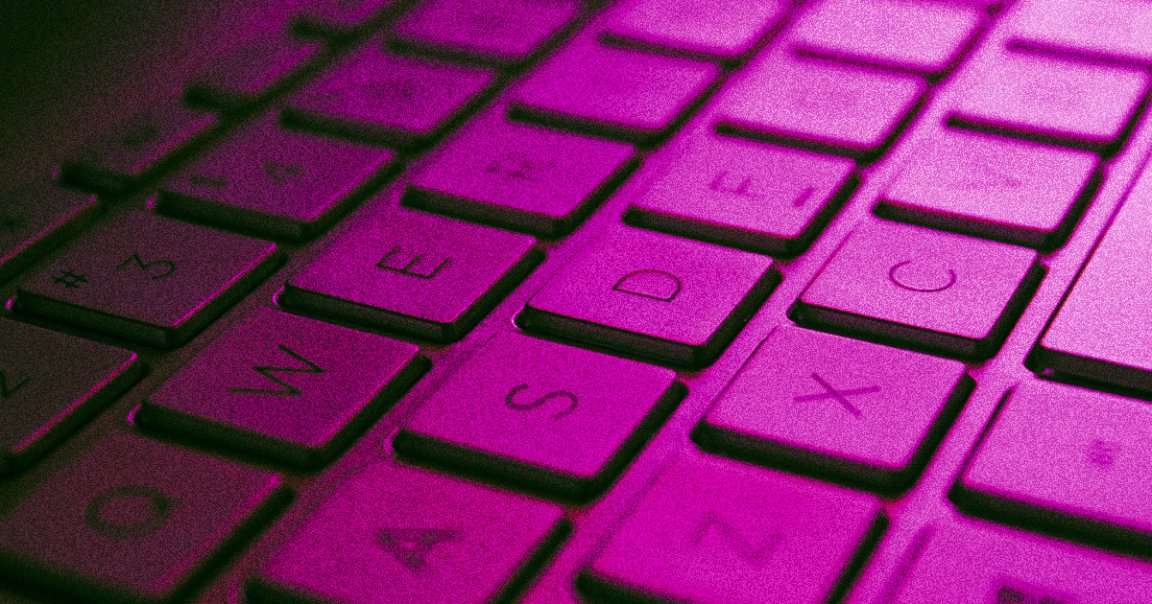
Copilot Off
Another year, another round of goofy tech updates nobody asked for announced at the annual CES conference — though Microsoft’s may take the cake.
As The Verge reports, the introduction of Microsoft’s “Copilot” AI assistant key to keyboards on its forthcoming computers is its first major change to Windows keyboards in almost 30 years — so long as you don’t count the emojis added to some of its fancier keyboards in 2019 — and it represents the latest sea change for the company amid its multi-billion-dollar deal with OpenAI.
According to that reporting, the Copilot key will sit next to the right-hand “Alt” key on Microsoft keyboards and will, akin to the company’s Windows key, launch the Copilot assistant to help users do… well, whatever you might do with AI.
For a bit less than a year, Microsoft and OpenAI have capitalized upon the latter’s groundbreaking success with ChatGPT to bring forth dreams of another game-changing AI: Copilot, which seems quite a lot like a supercharged version of its “Clippy” assistant of yore.
Powered by OpenAI’s GPT-4 large language model (LLM), Copilot promises to automate work on Microsoft’s Office suite — including generating entire Word docs and Excel spreadsheets, per a splashy demo Microsoft released late last March about the AI.
Even when it gets stuff wrong, as AI is wont to do, the tech giant claimed in an announcement about Copilot last year, that it will get things “usefully wrong” in a manner that will supposedly help users get a “head start,” whatever that means.

Browse Local
In its own reporting on the new AI key, PC Mag explained that as of now, Copilot runs on the cloud via Microsoft’s servers, but industry chatter indicates that the company is working around the clock to build out a version of Windows that could carry out the processing locally.
While that may seem like an even smaller deal than the Copilot key itself, this potential shift from AI’s mighty (and mighty expensive) computing power being taken on by companies versus it being offloaded to consumers could, as the report suggests, help Microsoft keep its data bills down as it continues trying to become the American leader in all things AI with the help of OpenAI.
This gambit may seem like a drop in the bucket of the AI boom, but if the teensy key is able to prove that it’s packed with all the power and promise Microsoft claims it has, it could become a really big deal indeed.
More on Microsoft’s AI obsession: Microsoft’s Stuffing Talking Generative AI Into Your Car